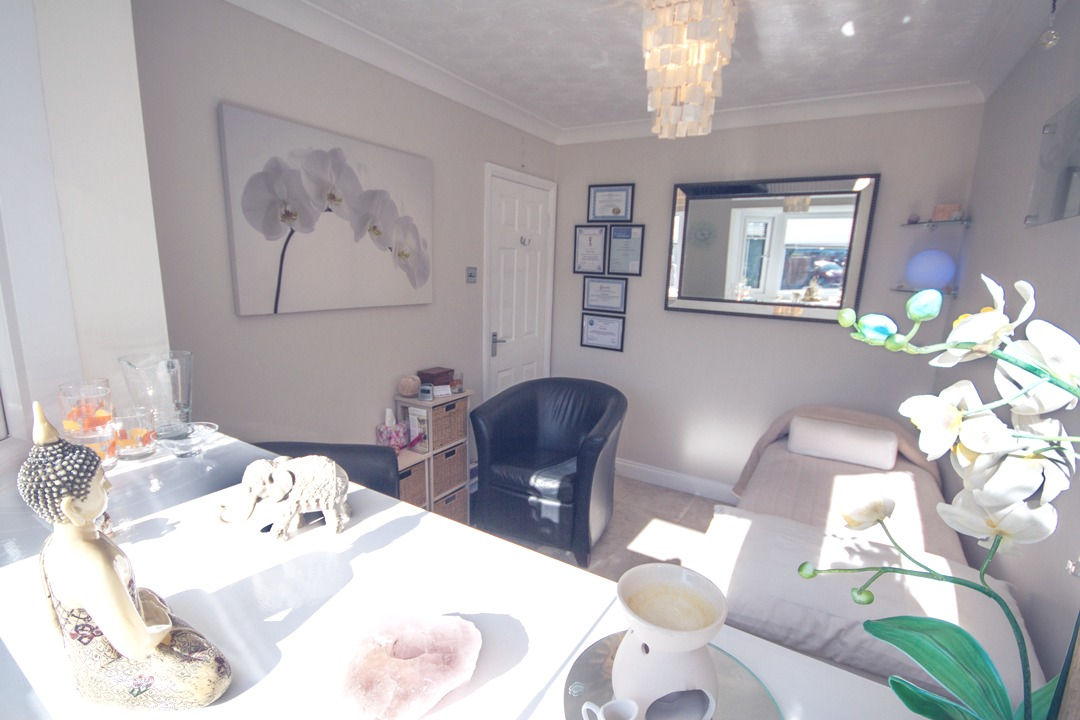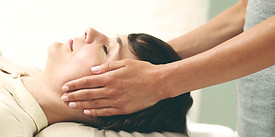
Anxiety & Panic
As human beings it is normal for us to experience anxiety at different times. Anxiety can range from us feeling mild uneasiness to intense fear. It can make us imagine that things in our lives are worse than they really are. When anxiety becomes severe, it can cause us to experience frightening feelings together with unpleasant physical sensations which can escalate into panic attacks.
We can worry about feeling panicky again in the future, appearing foolish and feeling out of control, and when we don't understand what is happening to us we may develop concerns about our health.
When this happens we can feel unable to confront our fears and we may avoid people, places and situations in order to relieve the discomfort of our anxious feelings. Anxiety can have have a detrimental effect on the way that we live and make our lives feel even more difficult.
Although we may feel better initially by avoiding situations that make us feel anxious, in doing so, we actually reinforce our fears by doing this rather than diminishing them.

Anxiety is part of being human
Since our caveman days we have an inbuilt survival response called freeze/fight/flight which was designed to protect us from predators and danger. When faced with a threat, this response was triggered releasing adrenaline to give us the energy and physical strength to either fight the threat or to run for our lives.
Today, our survival may not be under such threat but our freeze/fight/flight response is still triggered automatically when our brain perceives a threat to either our physical, emotional and psychological wellbeing. When this in-built survival response is triggered we experience some or all of the bodily symptoms attributed to it.
What we feel when we are anxious
Anxiety and panic are caused by our freeze/fight/flight response which produces adrenaline. Once triggered, this response can cause many unpleasant physical symptoms such as:
-
Racing heart and palpitations
-
Chest pain or tightness
-
Tingling in hands and feet
-
Dizziness
-
Breathlessness or over-breathing
-
Butterflies and feeling sick
-
Needing the loo
-
A dry mouth
-
Muscle tension and trembling
-
Feeling hot and sweaty
-
Goosebumps
-
Frozen, unable to move like a rabbit in headlights
-
Unable to think clearly or rationally
Once we have "learned" that a certain situation is dangerous, the brain will automatically trigger fight/flight the next time it is encountered. This ancient survival mechanism is designed to protect us, but in today's world our brains can perceive situations to be threatening when in fact they are not, such as an exam or job interview.
When we don't understand what is happening to us, these physical symptoms can feel extremely frightening and we can easily get caught up in a "cycle" of anxiety, panic and avoidance.
I am an accredited and registered Counsellor & Psychotherapist with the BACP with over 14 years experience of working with individuals, couples and therapeutic groups in a variety of settings.
Counselling is always at the heart of what I do, but by incorporating other treatments and techniques I can offer my own unique combination of therapies to effectively help clients to feel better on all levels.

Tina Deas
A Time For You, Counselling & Reiki Swindon
How I can help you
I can help you to understand the cycles of anxiety and panic within which you may be trapped and I can teach you some coping strategies. You will be offered the opportunity to look at your lifestyle and think about any changes that would be beneficial to you and how you can go about making them.
A Reiki treatment is a fantastic way to relieve the physical symptoms of anxiety as your brainwaves will go into the alpha state which means that you will naturally go into a state of deep relaxation and calm. Reiki treatments can "remind" us how to relax and many clients report that they leave feeling calmer and refreshed and that their difficulties with sleep can feel improved.
Taking back control and reducing anxiety
The way that we perceive others and situations is largely to do with the way that we think about them. The way that we think is influenced by our life experiences. When we have suffered difficult or challenging life experiences we can lose our confidence in ourselves and others and we can formulate negative thinking, beliefs and assumptions about ourselves and the world around us. When we think in this way we can feel unsafe and more and more anxious.
Together we can look at some of your beliefs and values that you hold and the thinking and assumptions that you make which offers you an opportunity to gain a new perspective. You will feel enabled to understand why you think in the way that you do and how you can change your distorted thinking patterns and negative assumptions and beliefs that are limiting you and exacerbating your anxiety.
I can help you to discover and understand any underlying causes of your anxiety and help you to process and resolve them.





